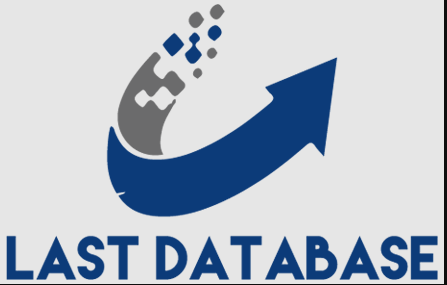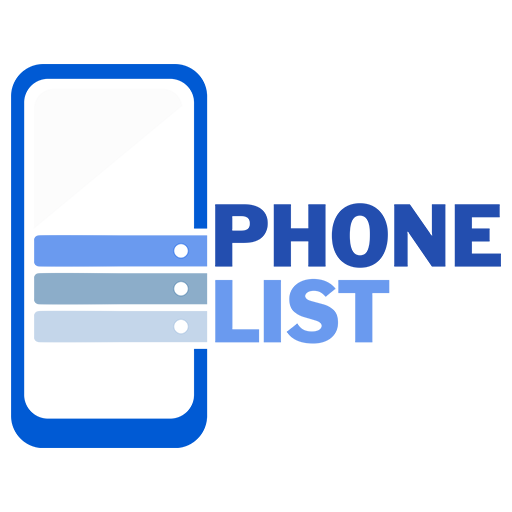When we talk about artificial intelligence we usually think of robots or sophisticated computers with their own consciousness. In reality, AI is already among us and more common than we usually believe. For example, AI is behind the personalized advertising that appears when we browse the internet.
Healthcare is not immune to this technological boom, and as proof of this we are going to review several applications of artificial intelligence in Medicine.
Helps with diagnosis and treatment
Artificial intelligence gives machines the ability to “reason and learn.” Two capabilities that are very useful in clinical diagnosis. For example, a computer program can analyze a photo of a spot on the skin and, comparing it with its database, establish the probability that it is a melanoma. Similar applications are being develop for many other diseases, although for now AI complements and strengthens doctors’ diagnosis.
What are the applications of Artificial Intelligence in medicine
Treatment planning would also be another strong point of AI, based on all the patient information and the development of thousands of similar cases, the phonelist most effective treatment could be plann.
Robotic caregivers
A robotic nurse? It seems that it will be one of the keys to care for the elderly and dependent patients in the future. At the moment, robotic pets have already been develop for therapeutic purposes to help Alzheimer’s patients. Robotic pets stimulate patients’ brain functions, delaying cognitive problems, which in turn improve quality of life and reduce dependence on social services.
On the other hand, the use of telemedicine is already helping to avoid unnecessary trips to the medical center and allowing greater personal autonomy.
Analysis tests, x-rays, CT scans, data entry and other mundane tasks can be perform more quickly and accurately if carried out by robots. Cardiology and radiology are two examples of disciplines where the amount of data to analyze can be overwhelming.
Ease the burden on doctors
Perhaps in the future simple cases will be left exclusively in the hands of AI and human doctors will only deal with the most complicat ones.
Drug development
Finding effective new drugs through clinical trials can take more than a decade and cost billions. Therefore, streamlining the process through the use of AI could literally change the world.
The program found two drugs that can reduce the infectivity of Ebola in one day, when such analysis usually takes months or years, a difference that possibly saved thousands of lives.
Furthermore, the use of computer models eliminates the Book Your List need for animal experimentation, which is increasingly seen as worse. What do you think of the role of AI in current and future medicine? Comments are open.







